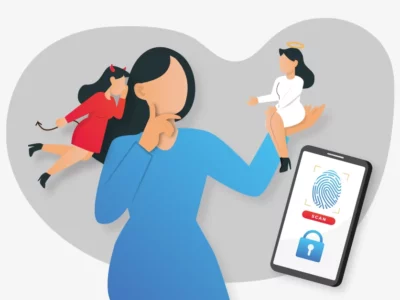The Juncker Commission wanted to establish a new European Single Market Strategy which have influenced the telecommunication sector exceedingly. The European Single Market Strategy is about delivering a deeper and fairer Single Market that will benefit both consumers and businesses. In the third freedom of the EU, “the free movement of services”, this new strategy stipulates a harmonization by launching the Digital Single Market.
The strategy behind the Digital Single Market
- Better access for consumers and businesses to online products and services;
- The right conditions for digital networks and services to grow and thrive;
- Maximizing growth potential of the European Digital Economy.
The Digital Single Market addresses 4 main building blocks:
- EU copyright law, geo-blocking;
- Digital services handling personal data;
- Building data driven economies and;
- Reforming telecom rules.
As of June 2017, you and myself included (if you are a mobile phone subscriber in the EEA (note: Switzerland is part of the EEA but does not take part in this agreement)) are able to travel within the EEA without roaming charges. No longer that surprise bill at the end of the month after you enjoyed your holiday. The Euro-tariff was one of the first significant changes, noticeable to the entire phone-user base of the EEA and has reformed the telecom rules significantly.
One of the other objectives of the Digital Single Market was to negotiate EU data protection rules. The goal is to strengthen the European Policy on the topic of data protection to increase trust in digital services amongst the population. The EU data protection rules outlined in the General Data Protection Regulation (GDPR) will boost this Digital Single Market by:
- Having the same rules for all companies, which will make it easier to do cross-border business.
- Being a one-stop-shop, i.e. businesses will only have to liaise with one supervisory authority.
The GDPR is the main outcome for now, but more regulations will follow. From 3 December 2018 onwards, the Regulation concerning Geo-blocking is implemented and addressed unjustified online sales discrimination based on customers’ nationality, place of residence or place of establishment within the internal market.
Currently, the European Parliament is discussing the reform of the existing European Copyright Directive. This reform will have a massive impact on the Media and Communications sector, and new technologies are needed to find the best balance between censorship and freedom of speech.
The final noteworthy regulation, the ePrivacy Regulation, which is still under discussion with the EU. The last draft was published in September 2018. With the current draft on the table traditional telecommunications services will have new opportunities to process metadata to provide additional services and to develop their businesses in big data. However, in order to comply with this Regulation, anonymization projects and different governance are needed. Where many started late with the implementation of GDPR, it would be very beneficial to already look at what impact ePrivacy will have in the telecommunication sector and for your business specifically.
We can conclude that the telecommunication sector has changed already a lot, and the next years will be no different with the upcoming ePrivacy Regulation and the changes in the European Copyright Directive. All this is in order to create that the Digital Single Market. Let’s keep our eyes open and see how these directives and regulations influence the telecommunication sector and the way they do business.





